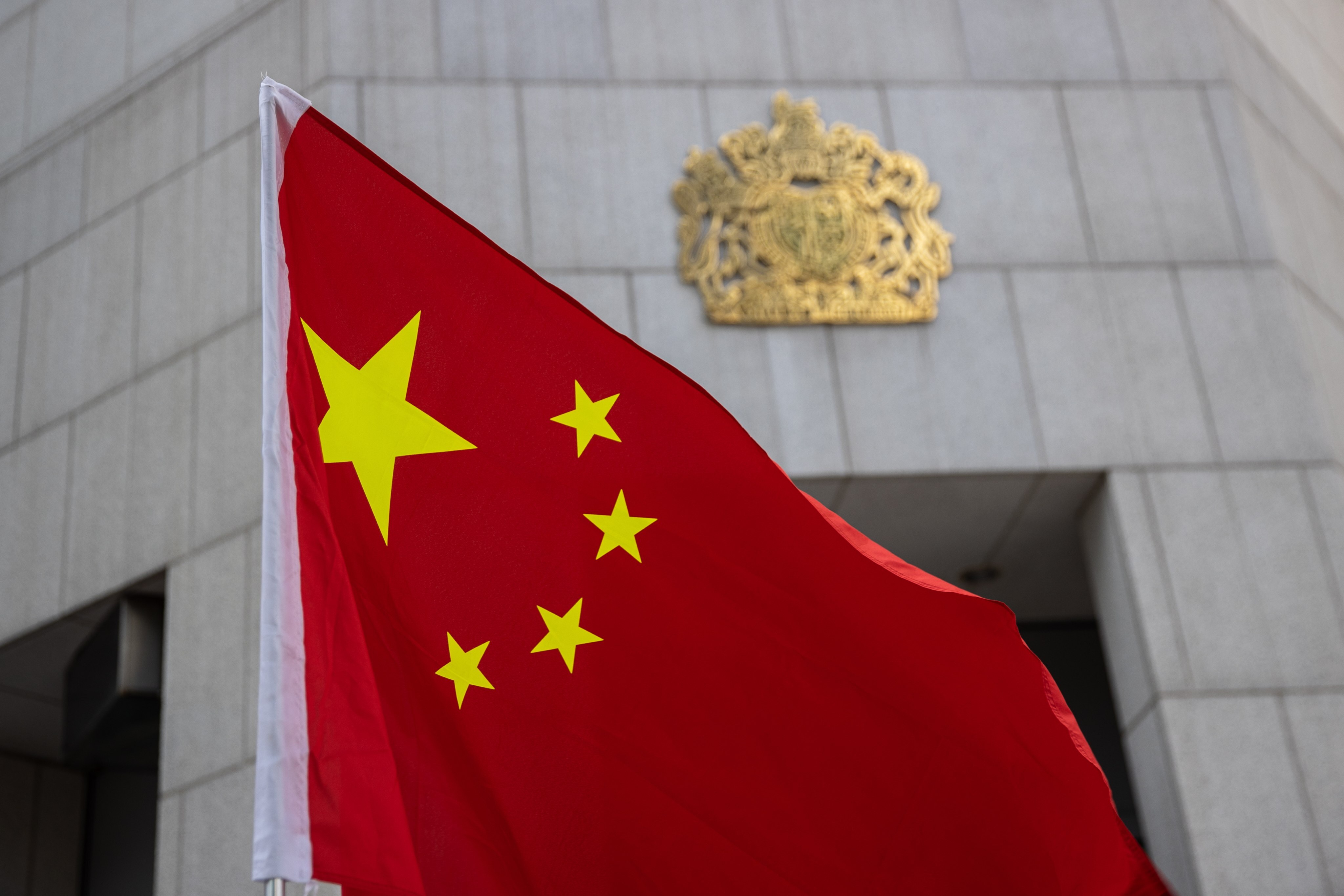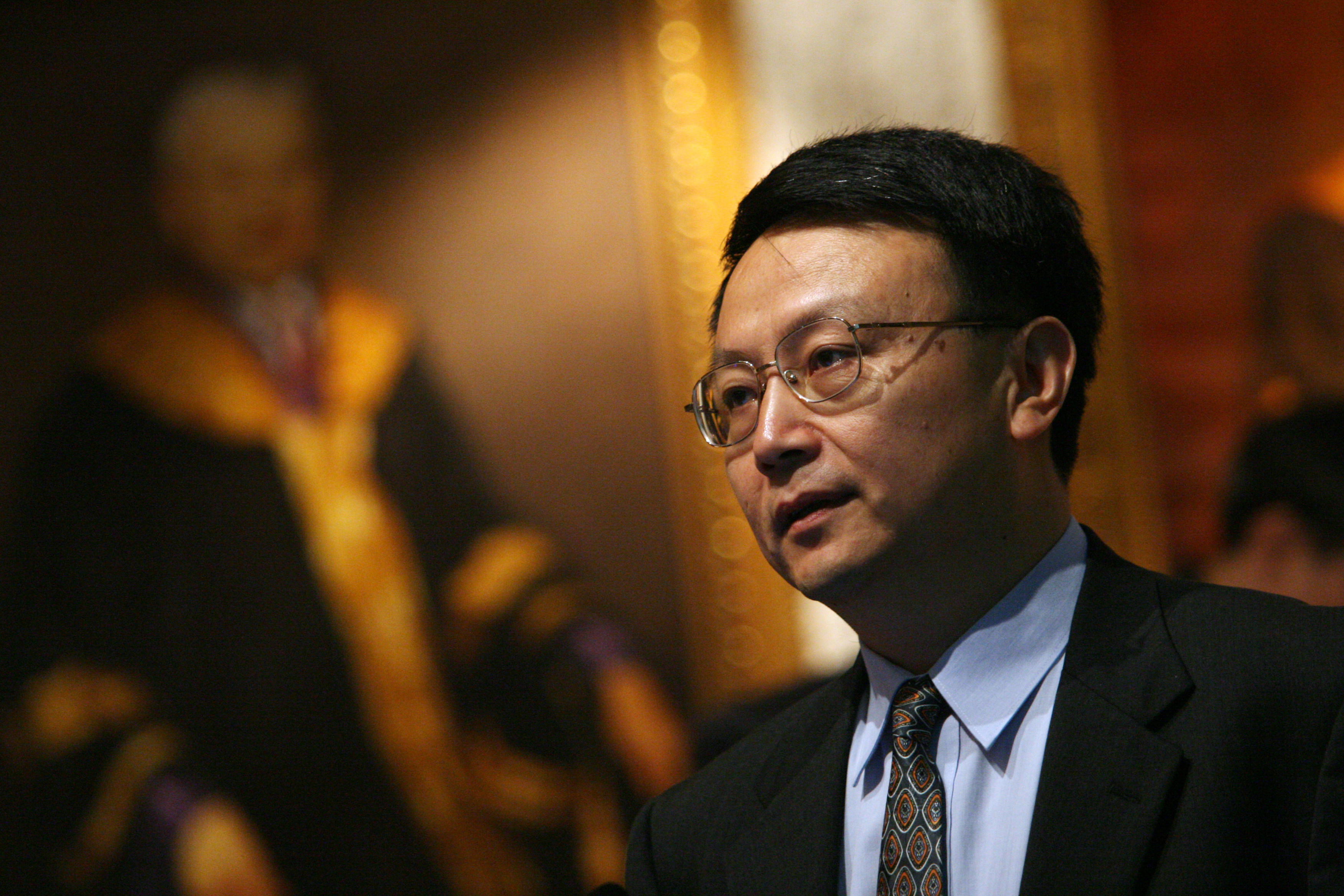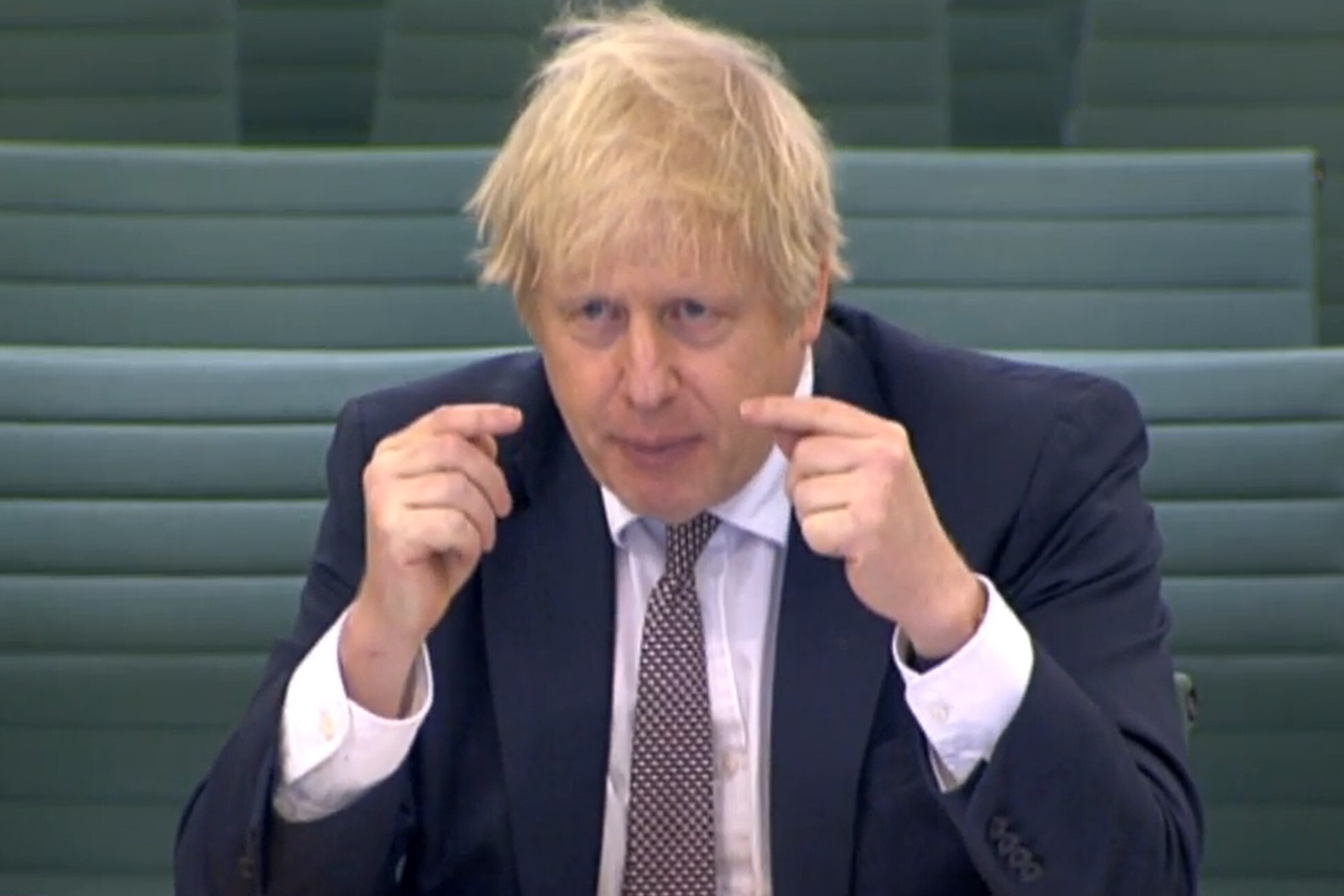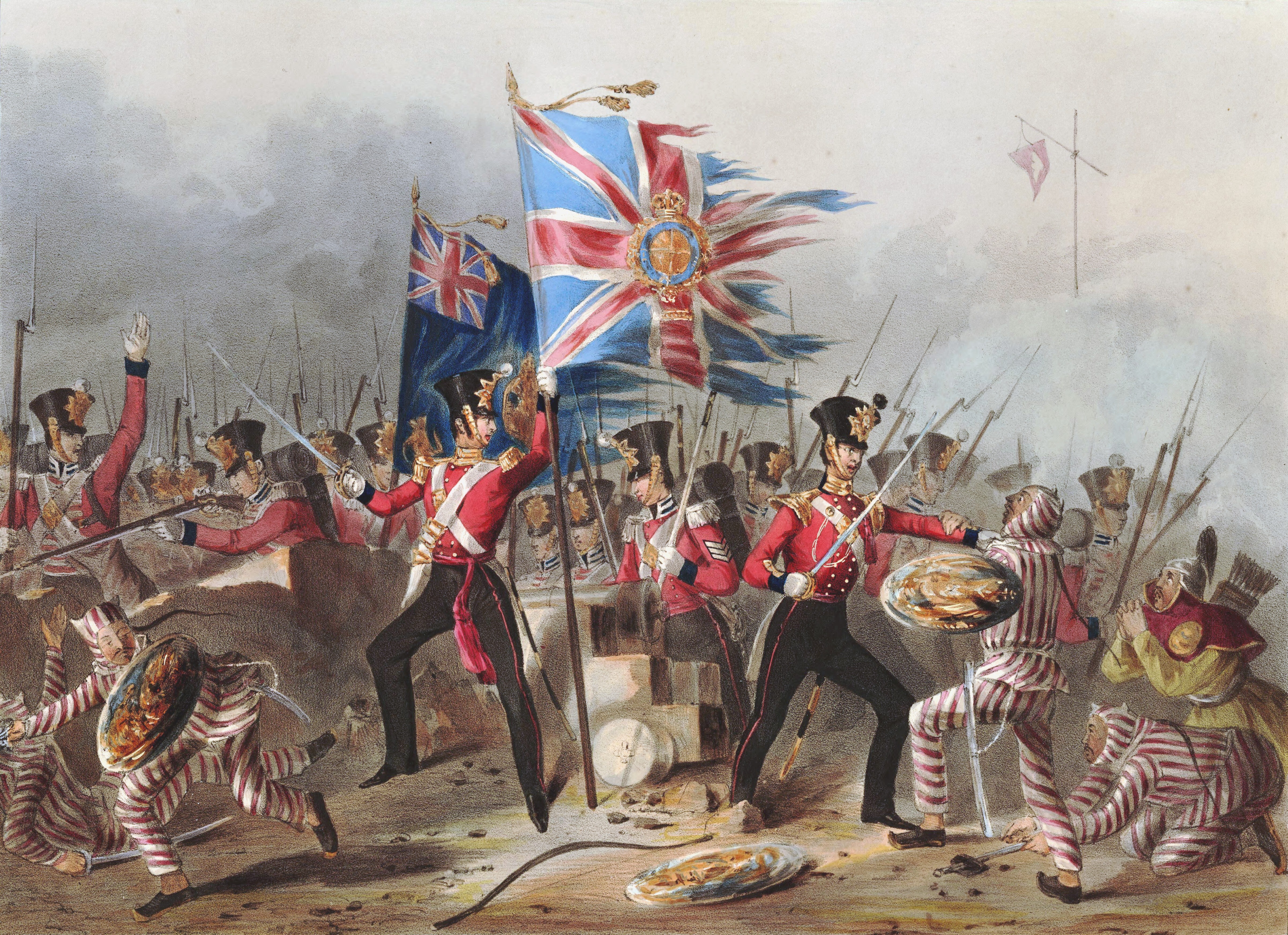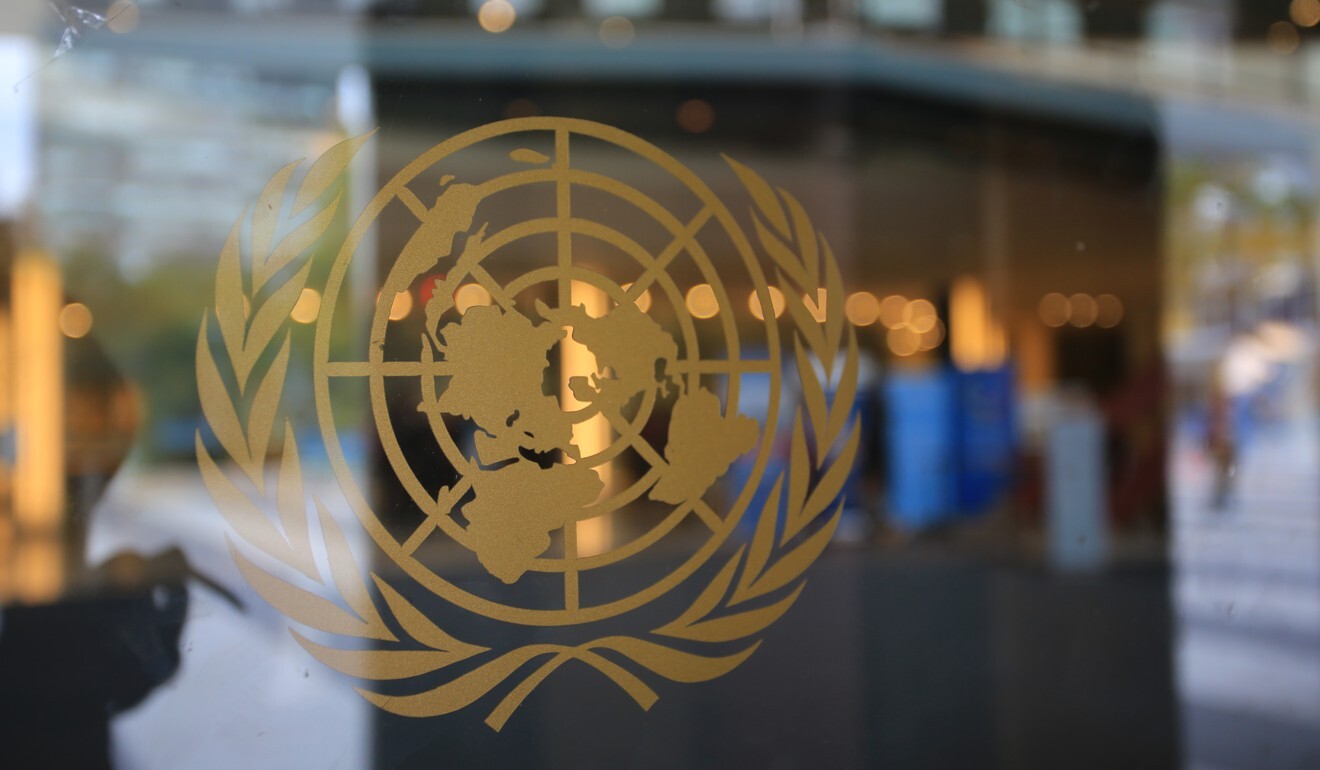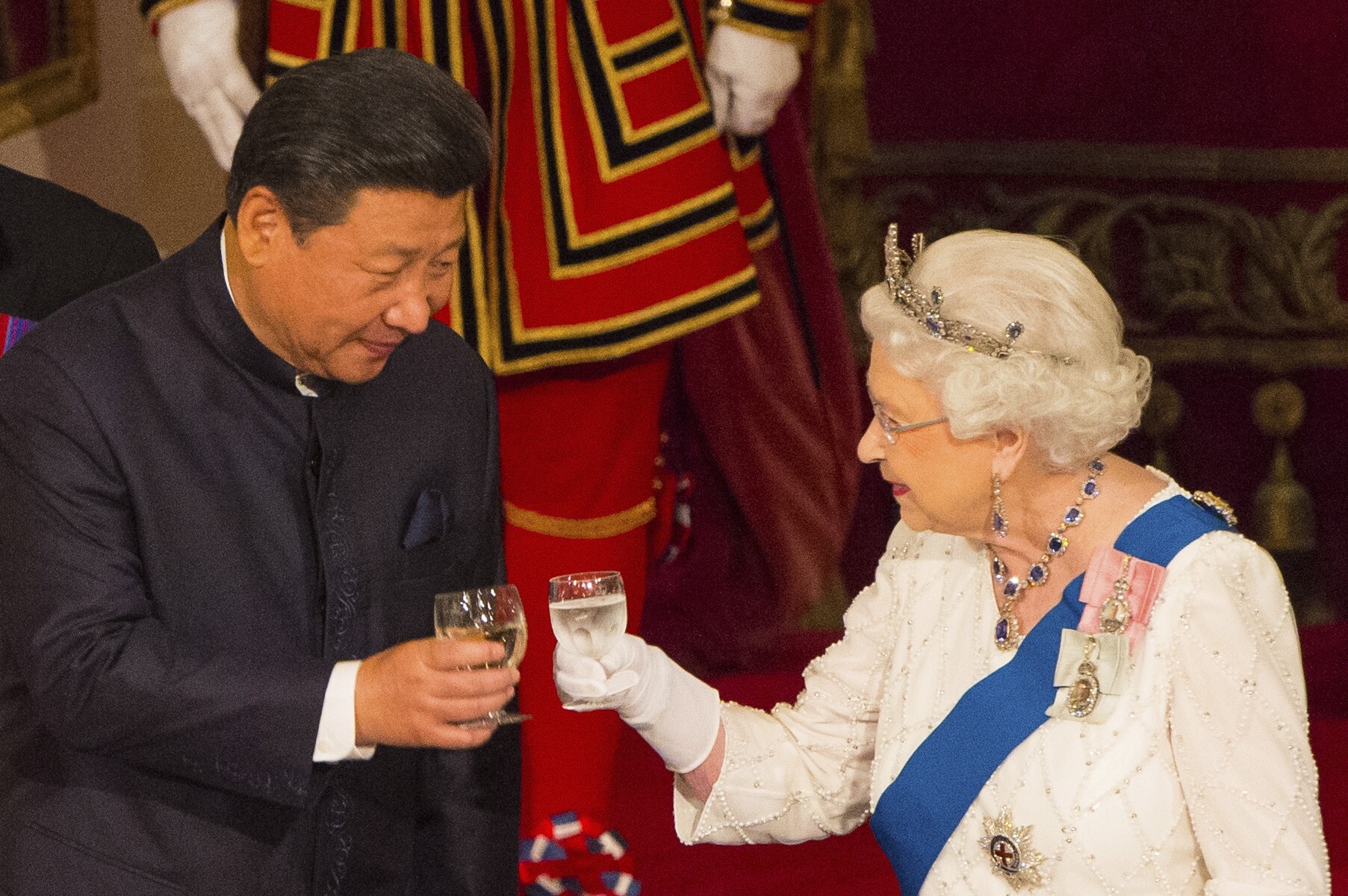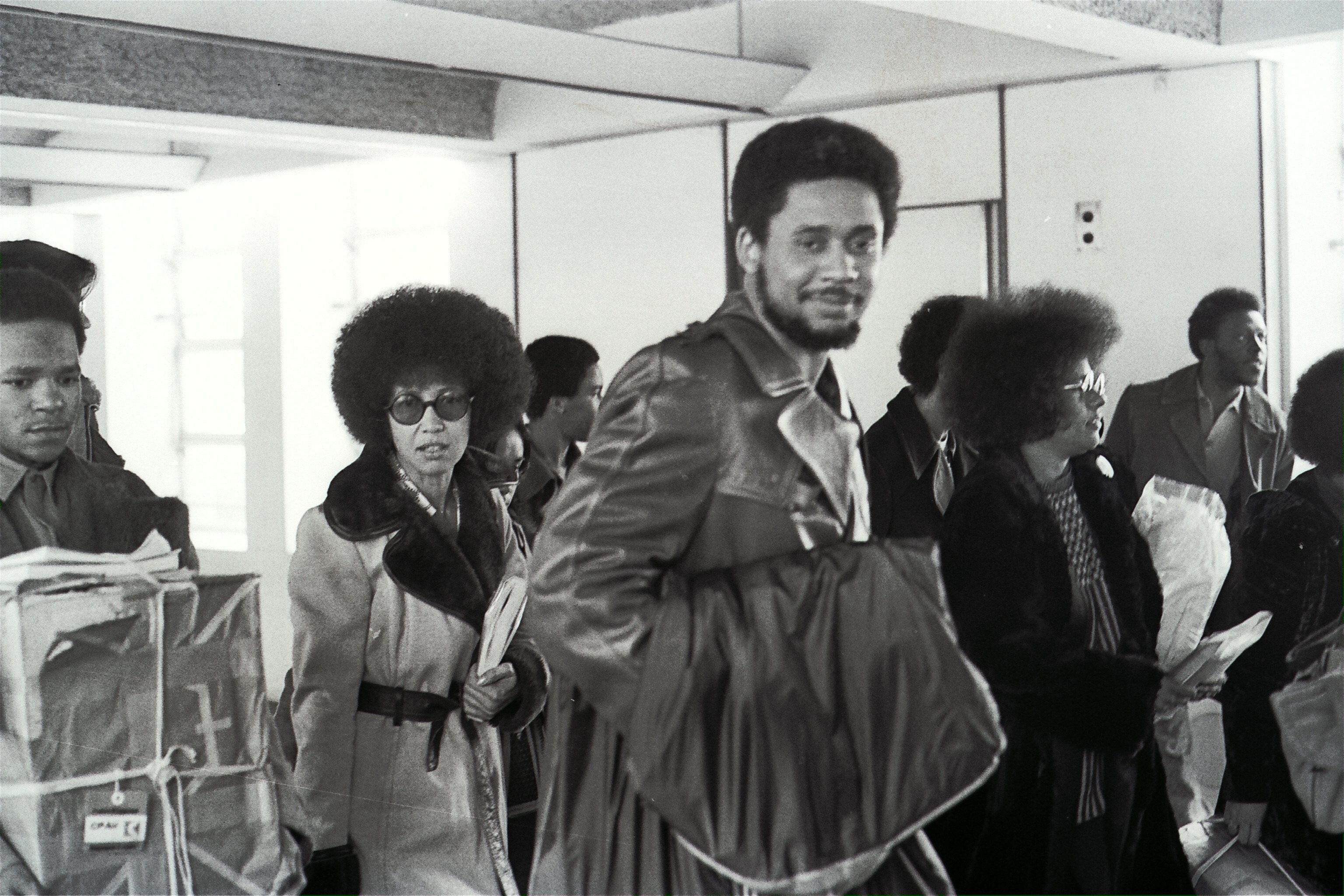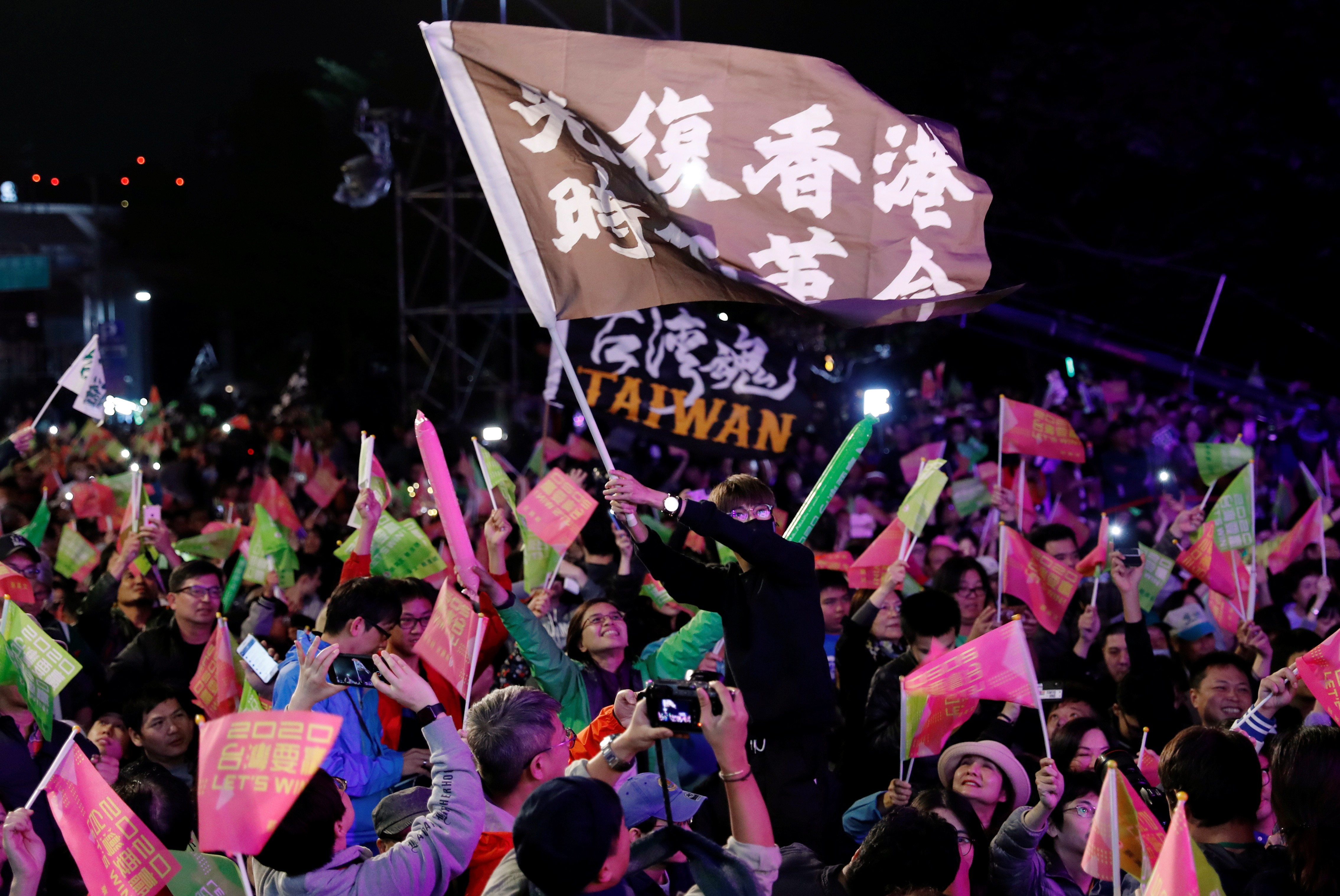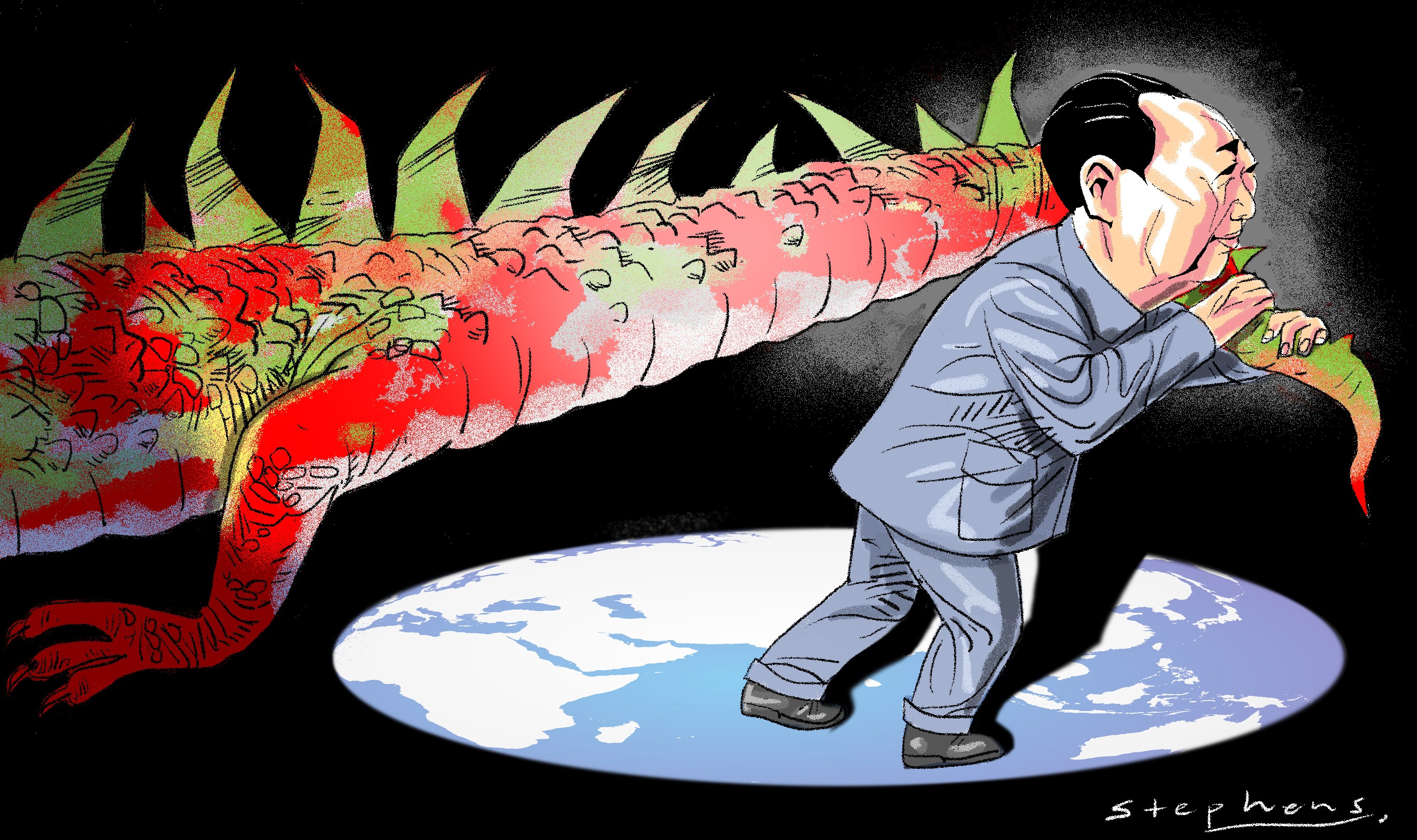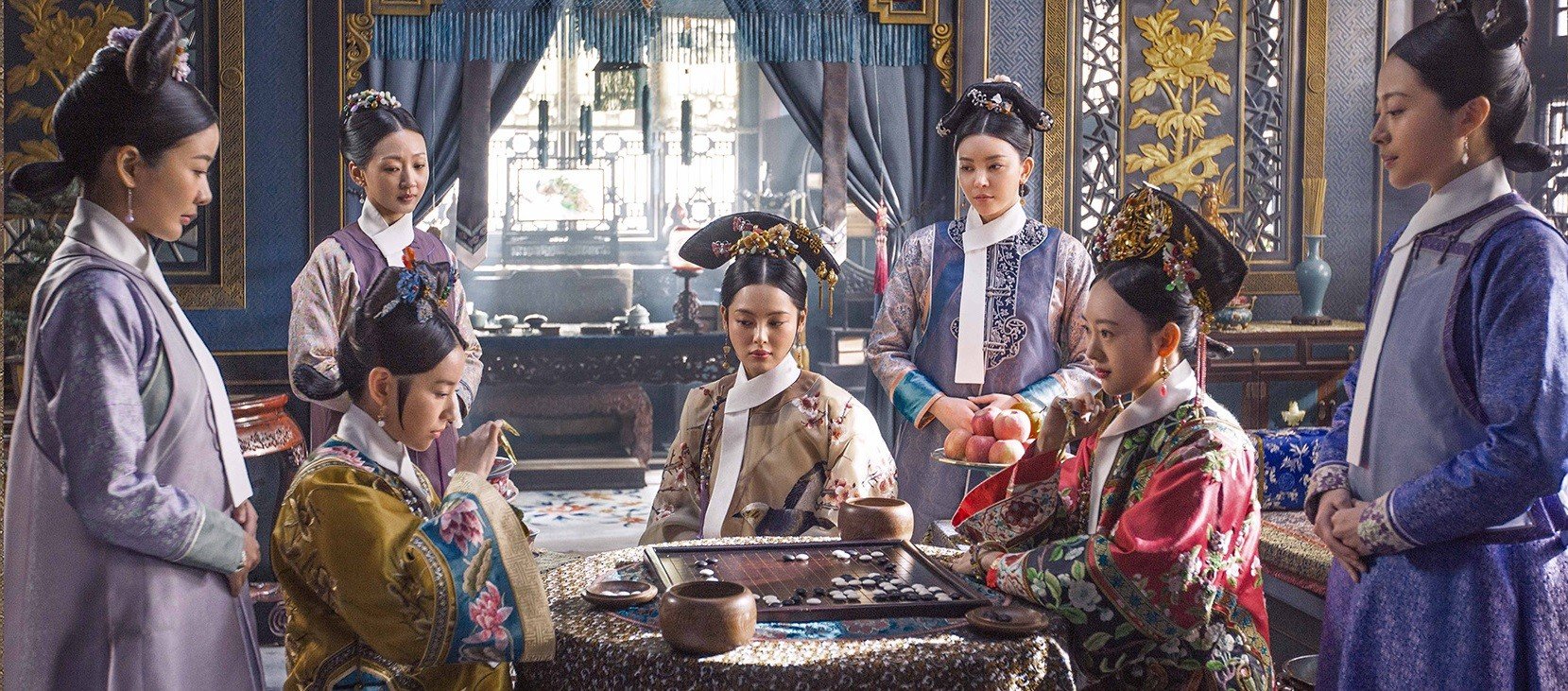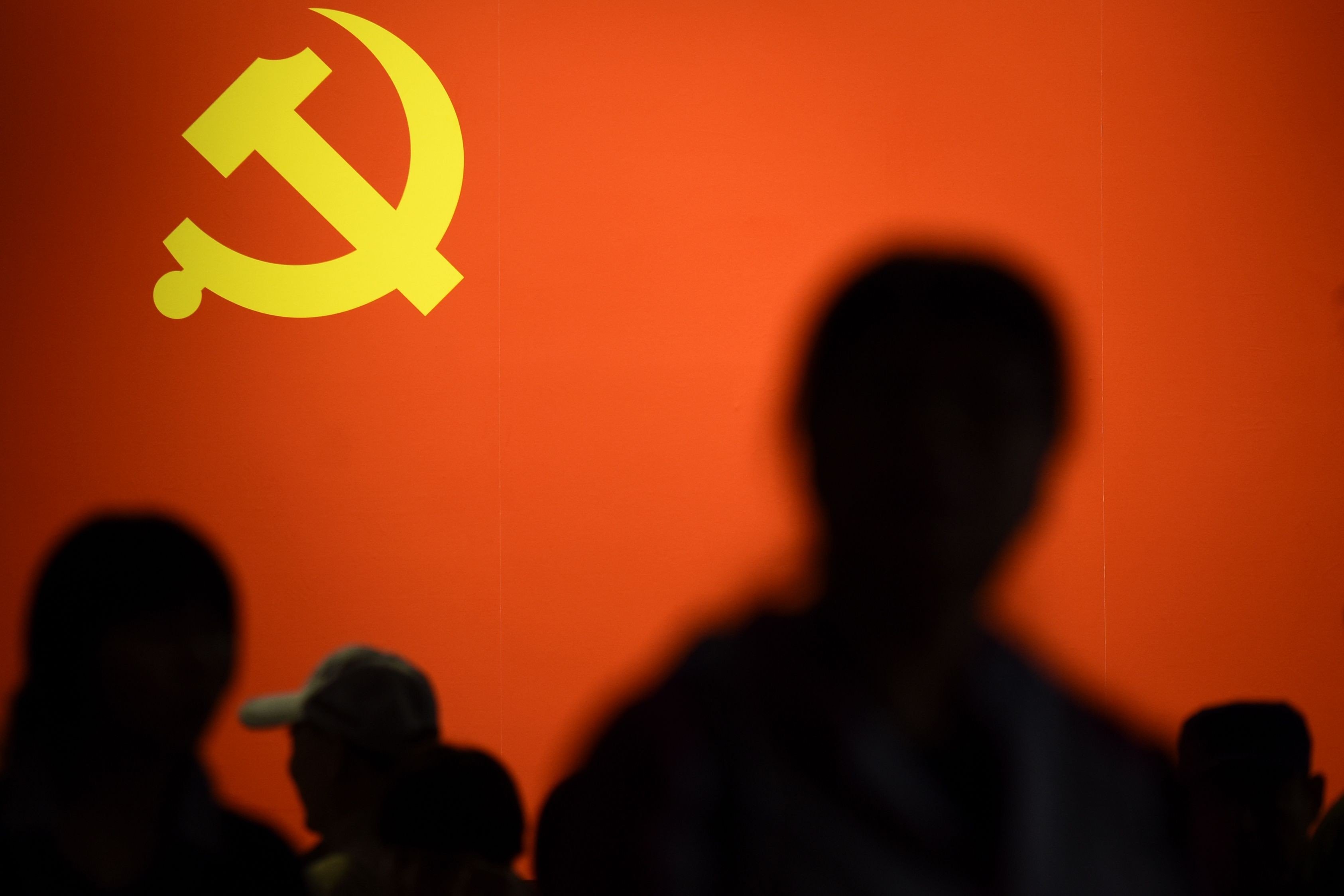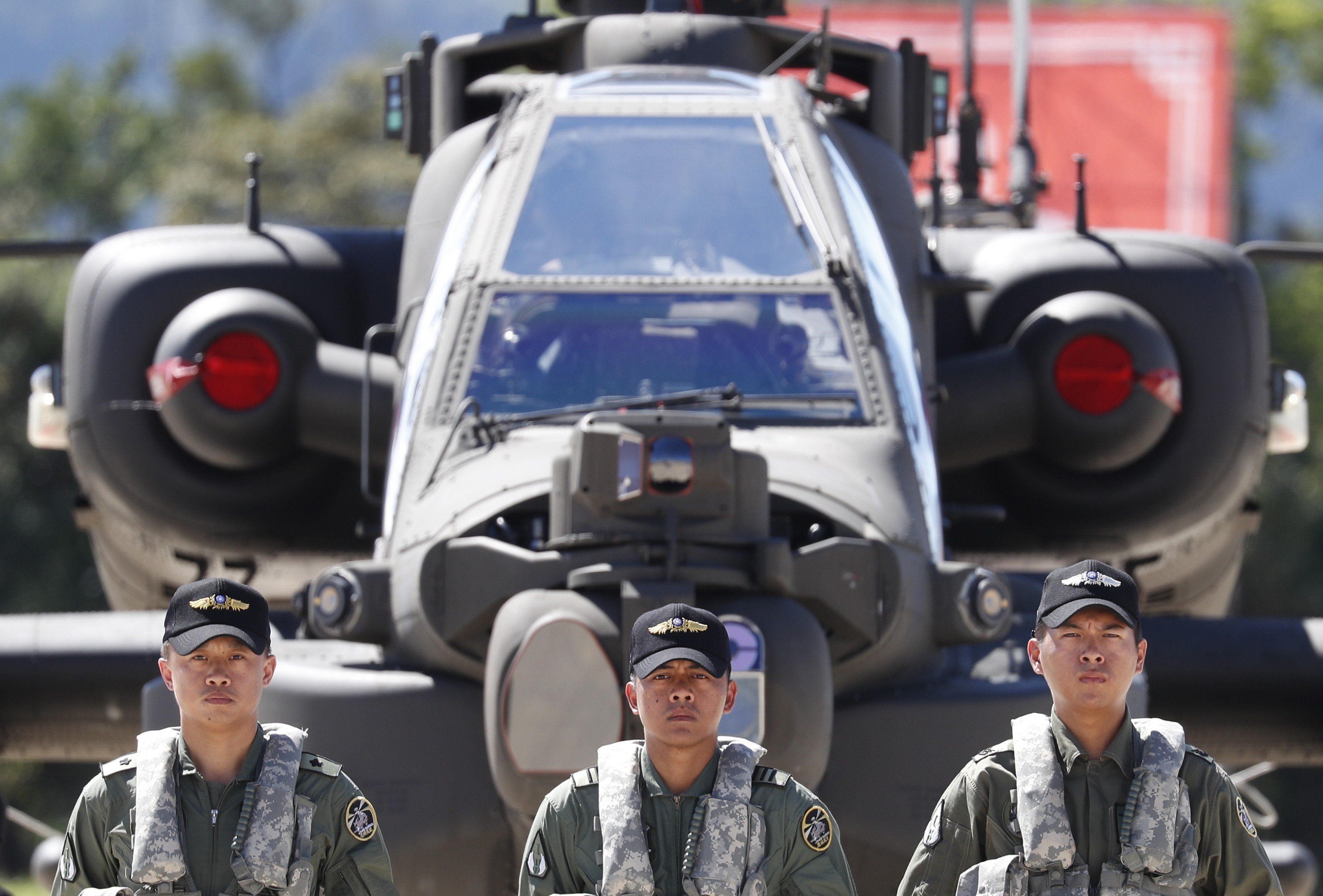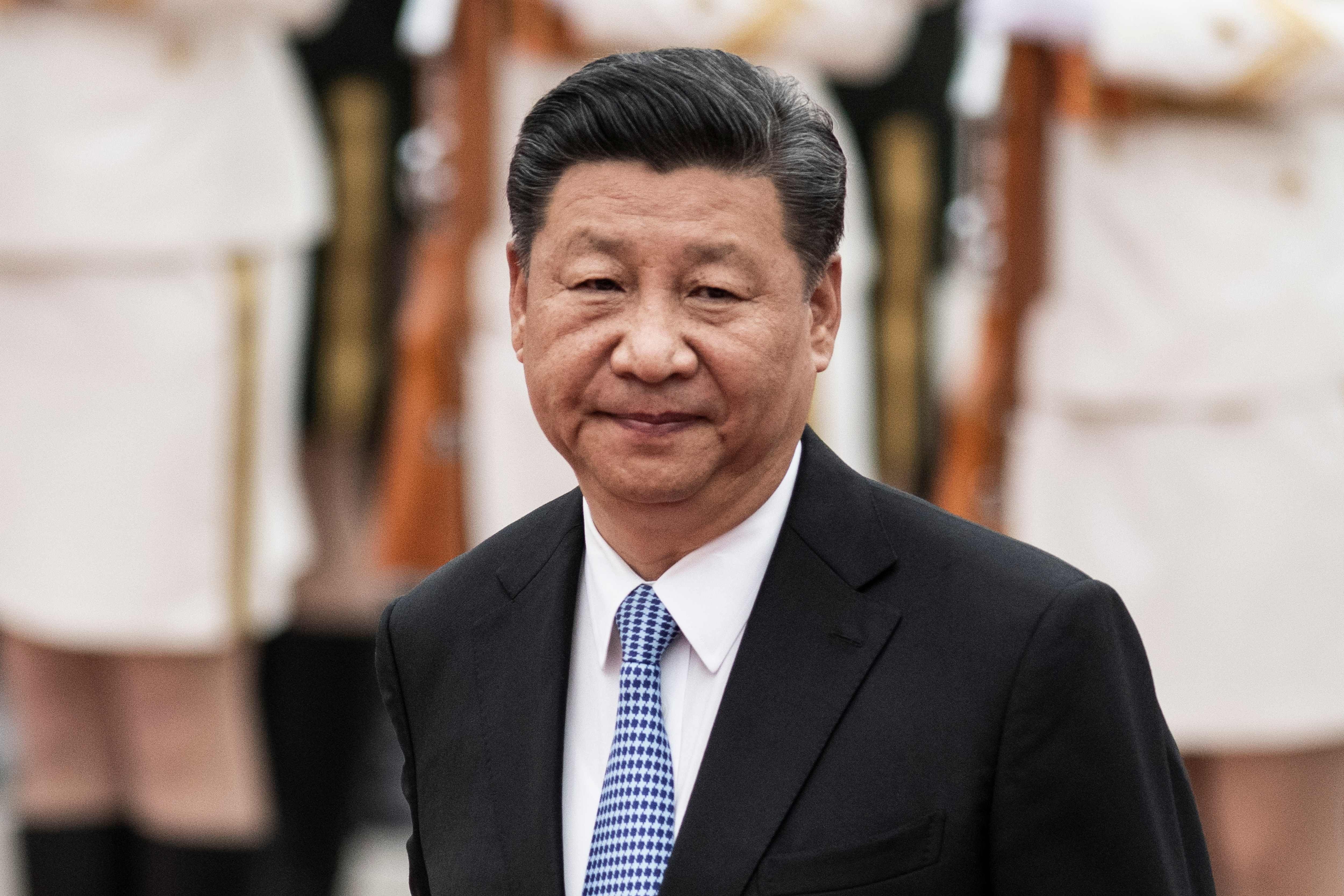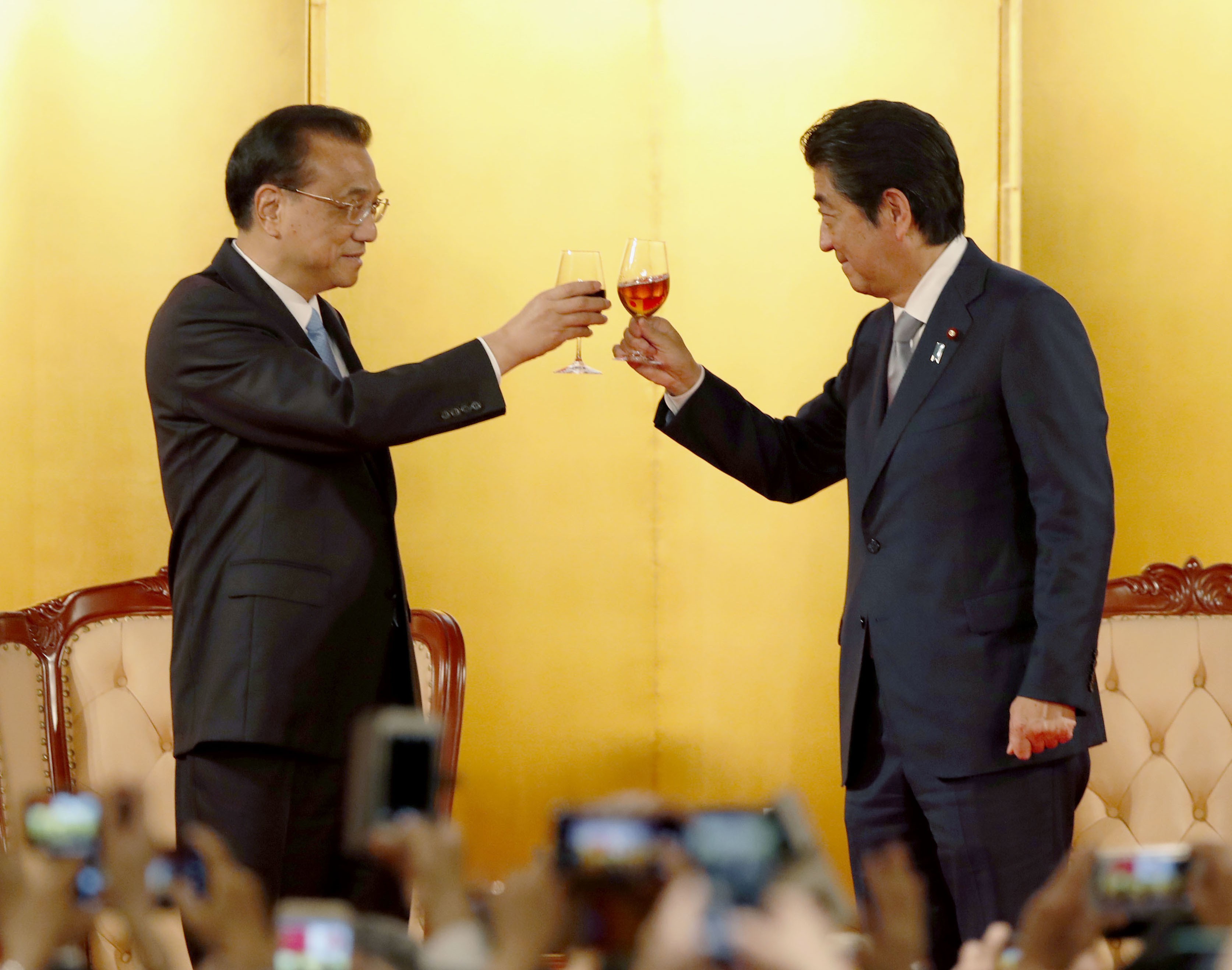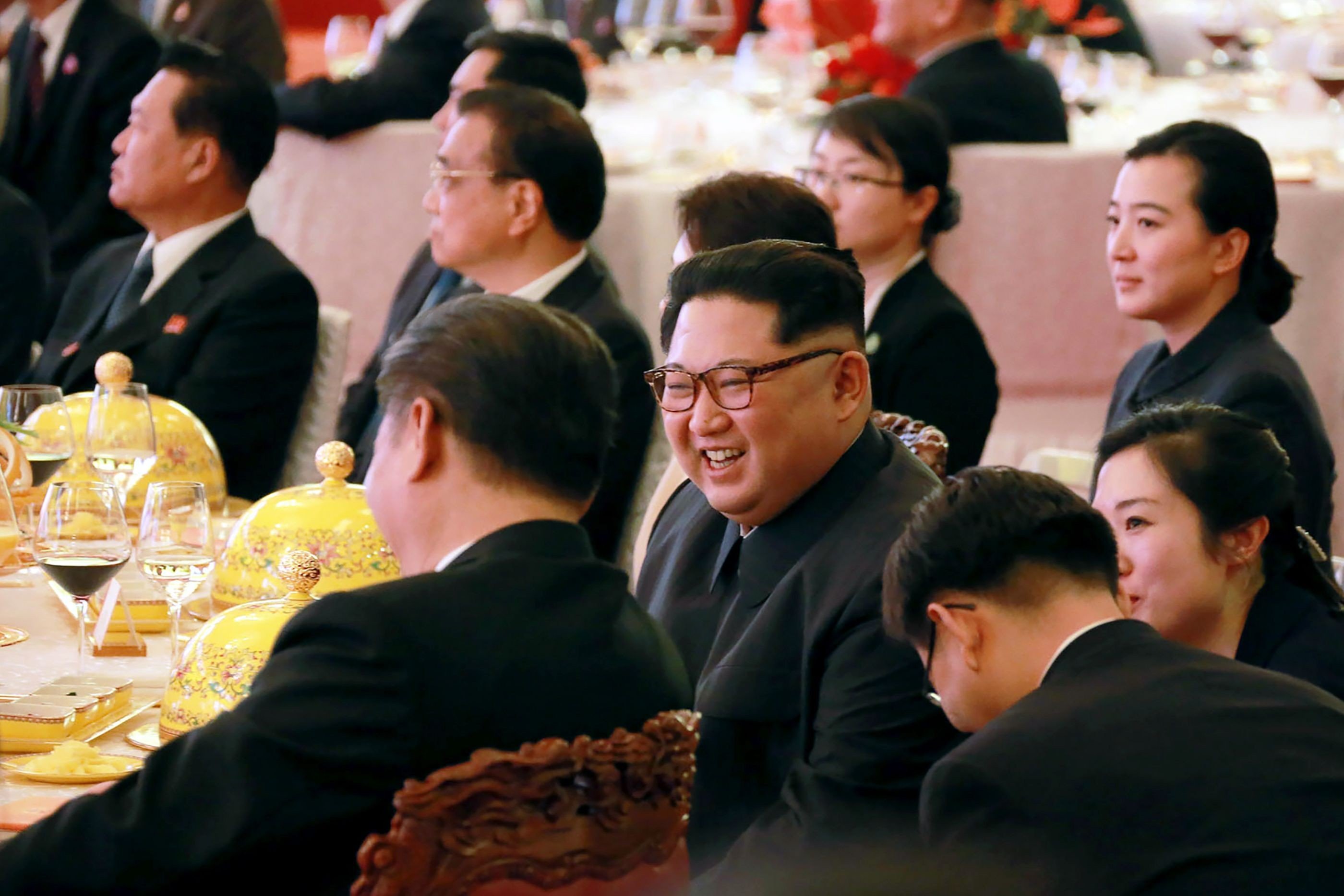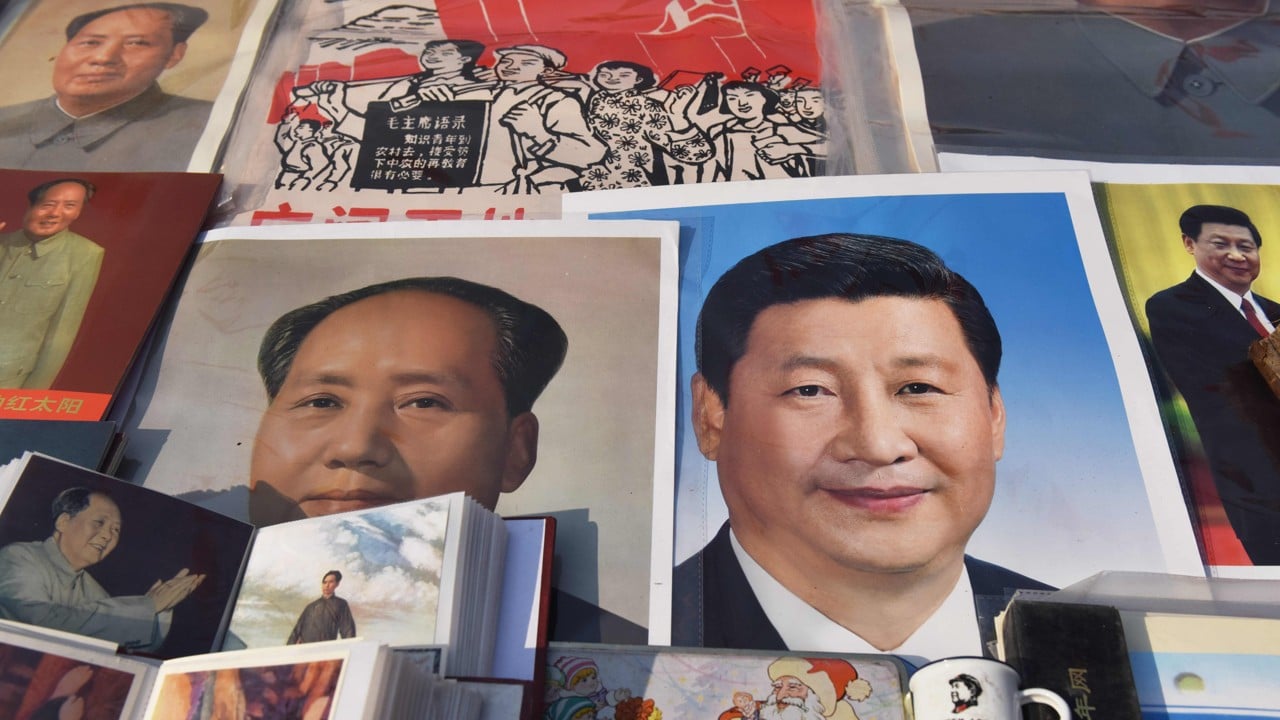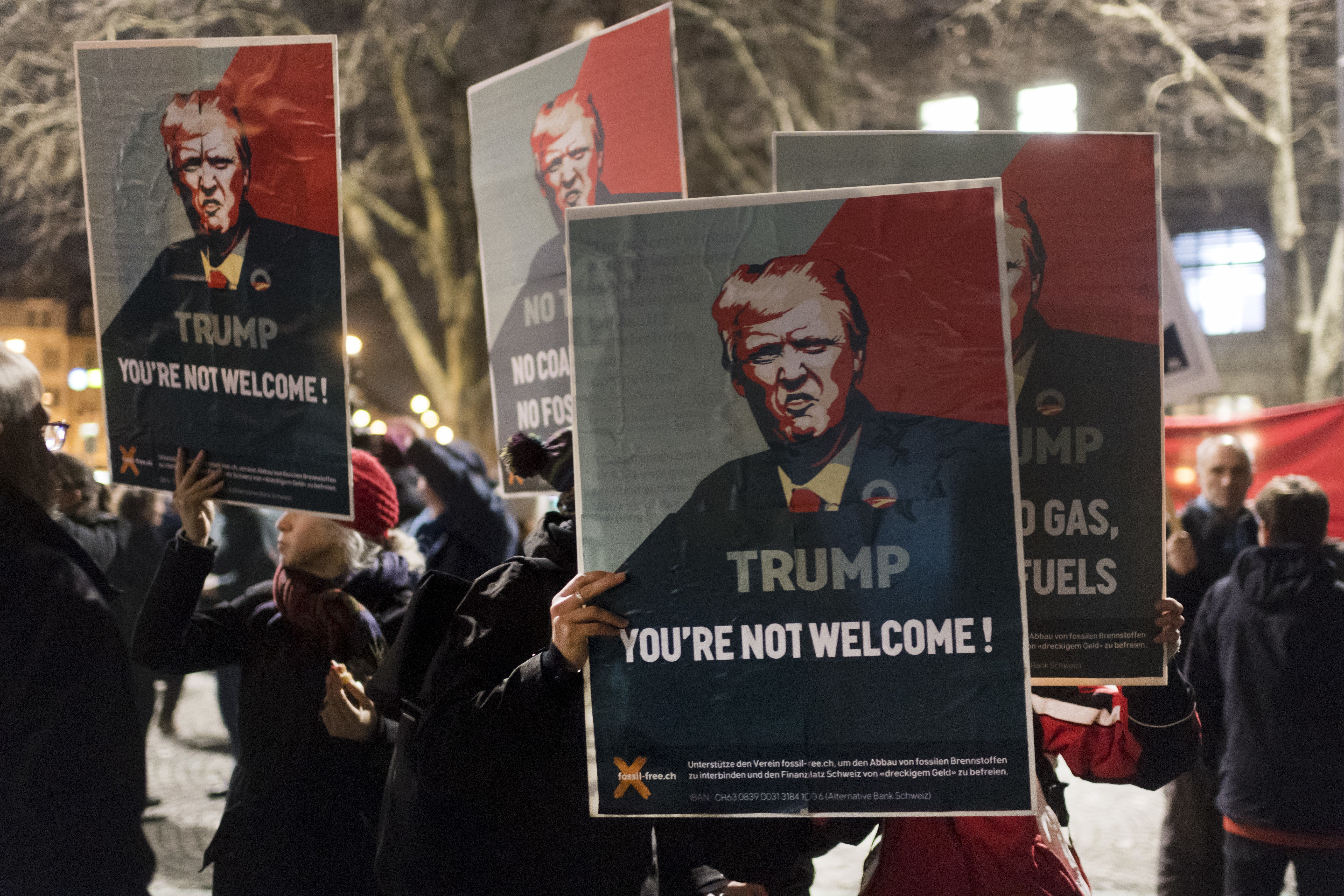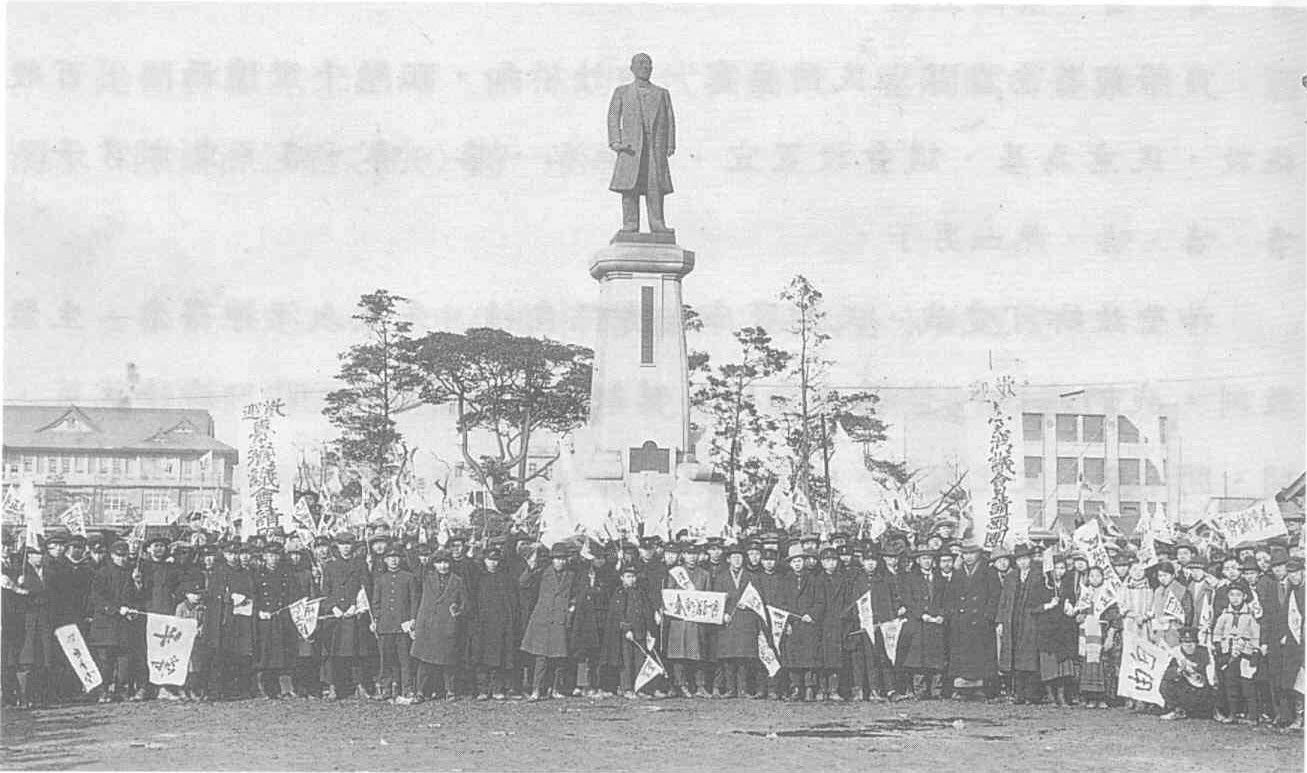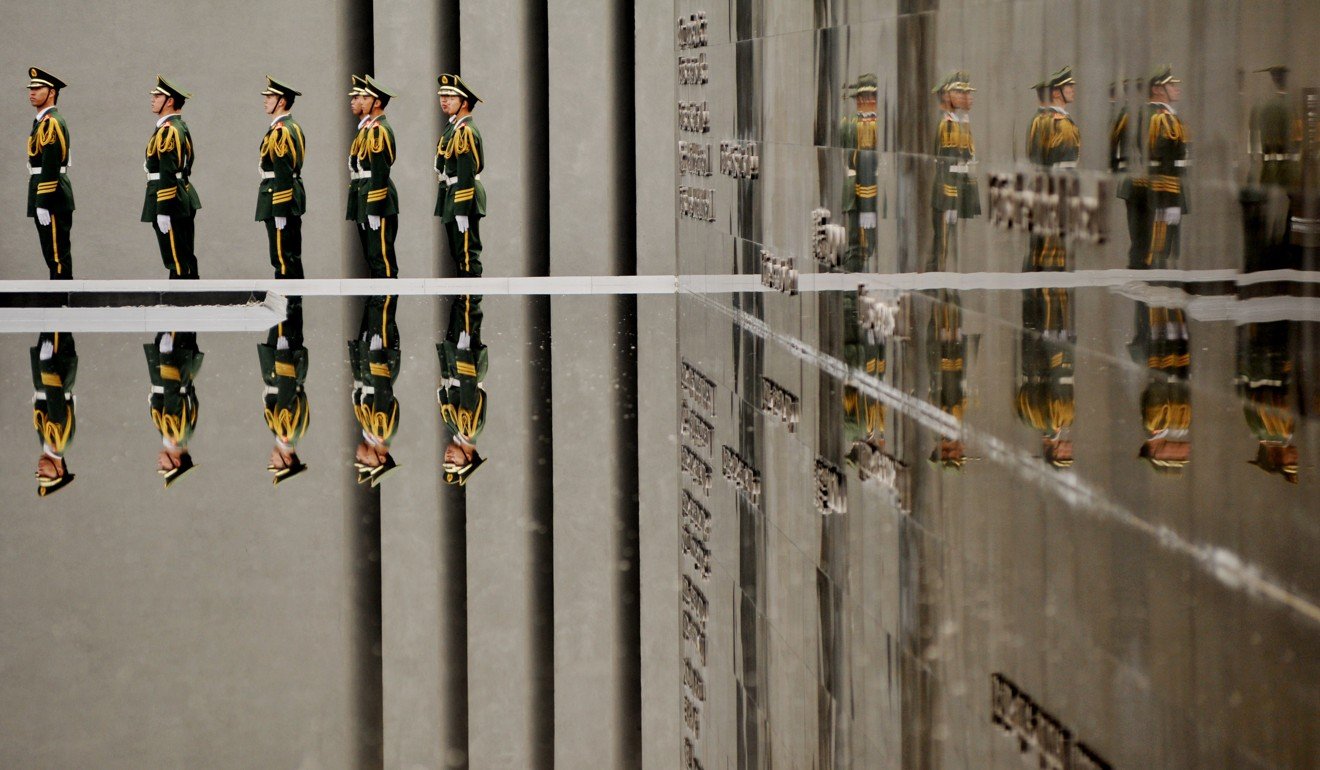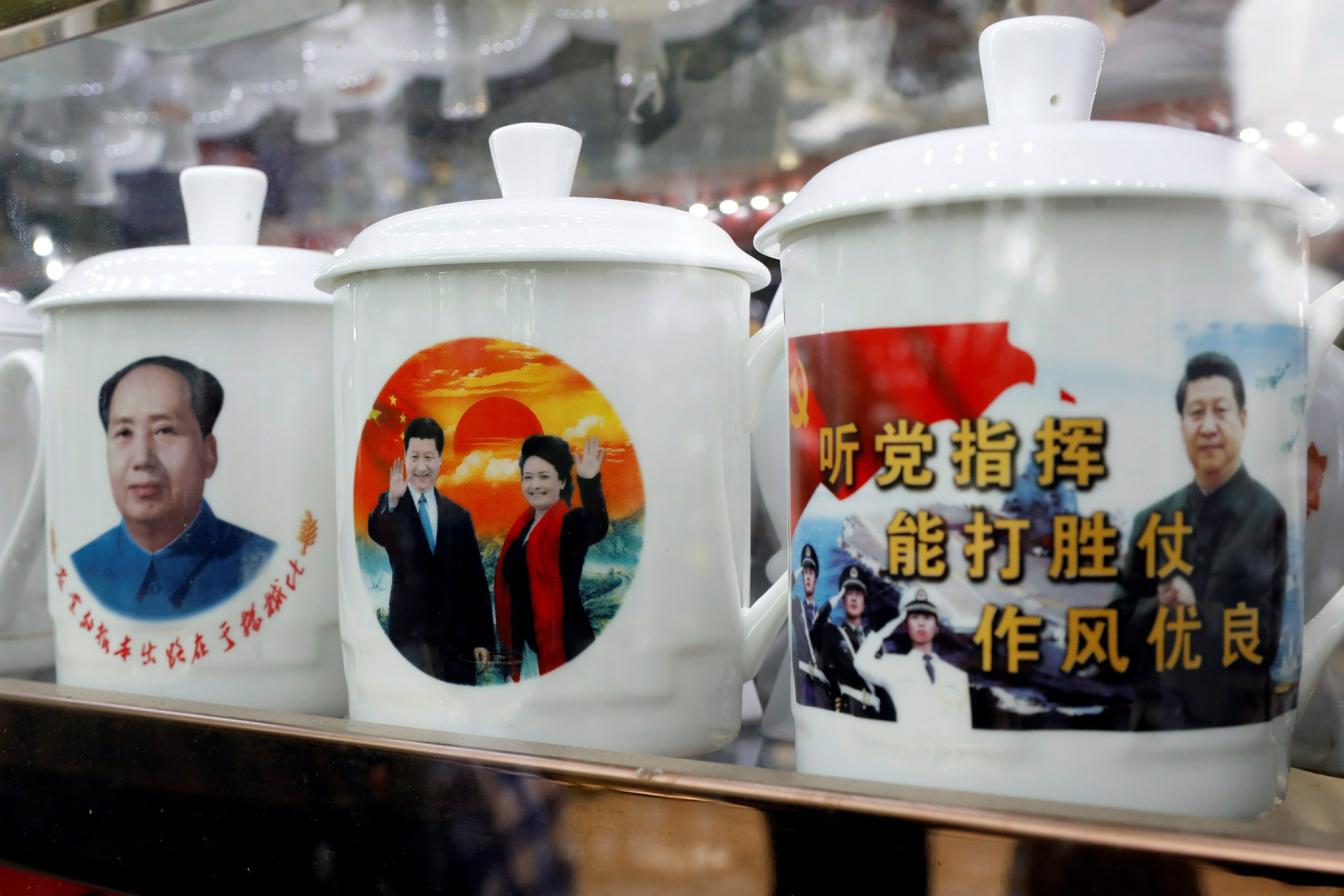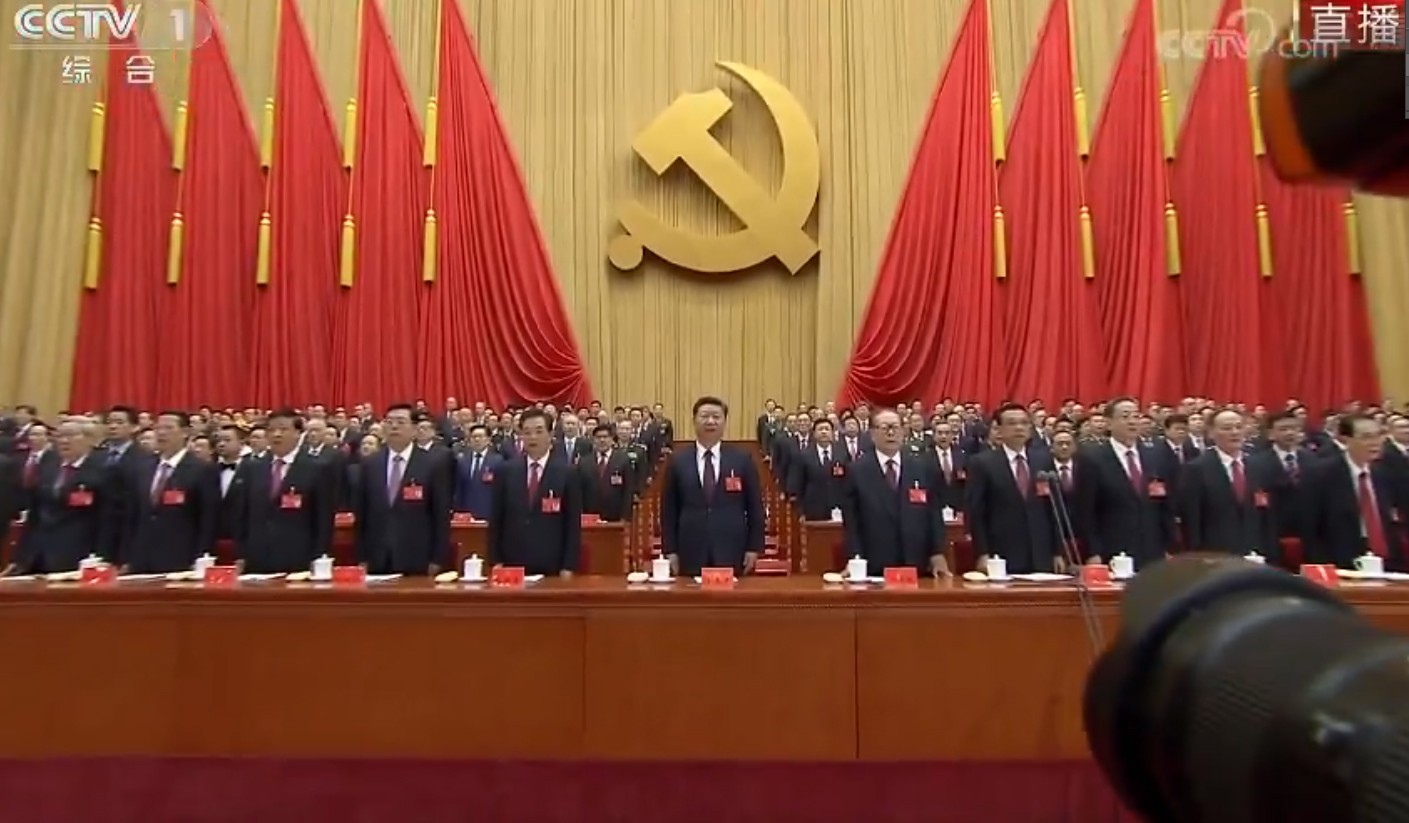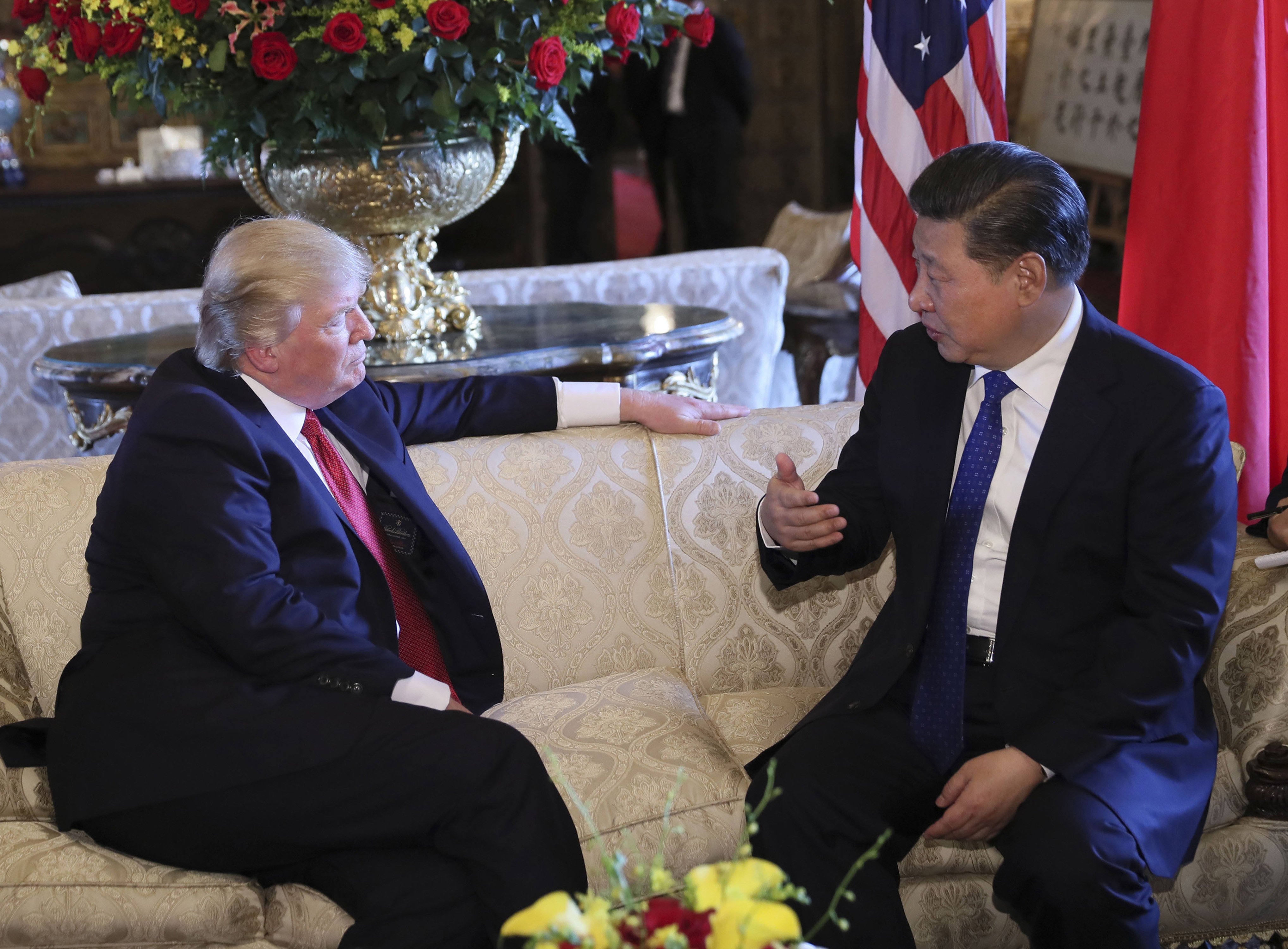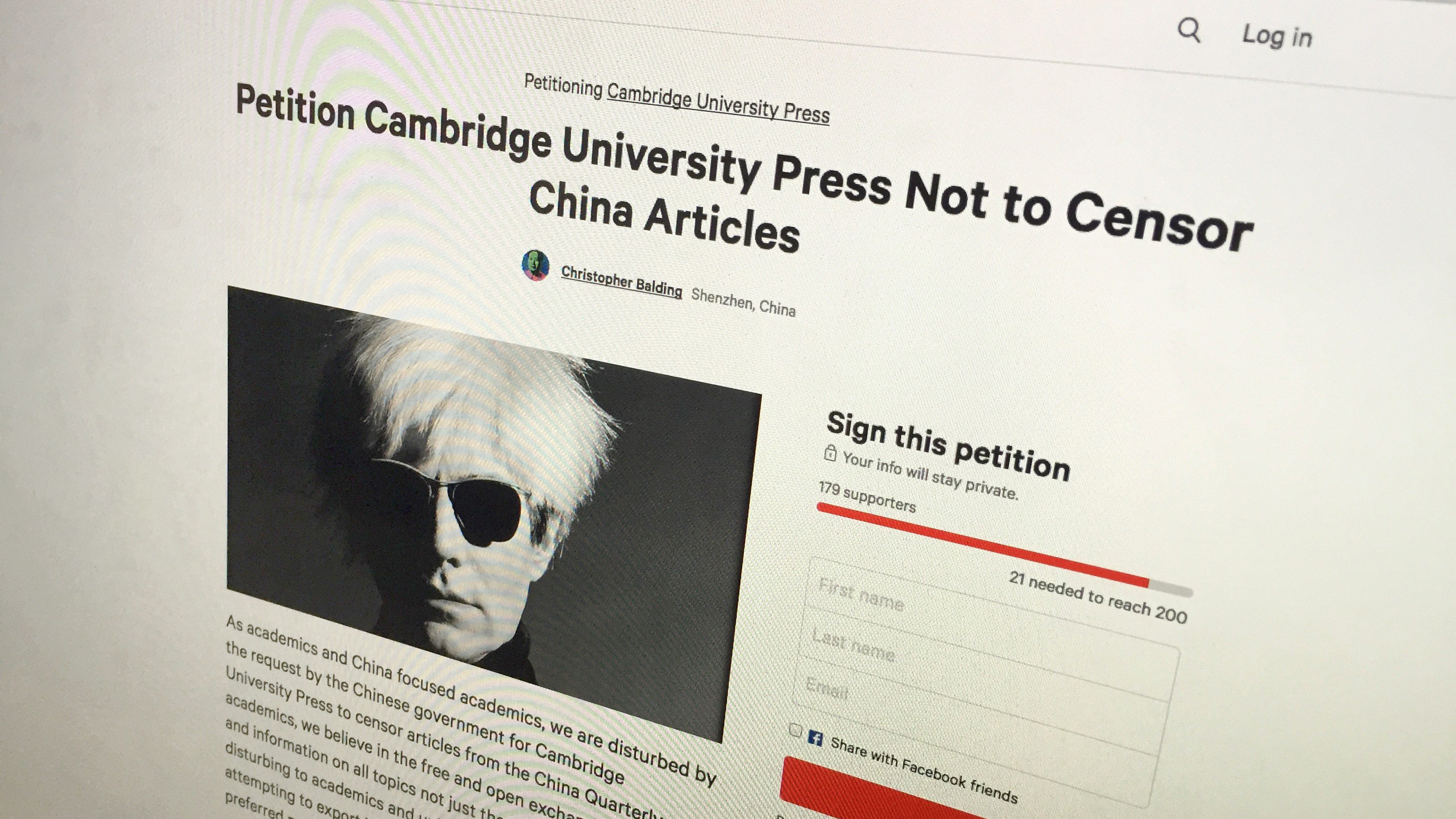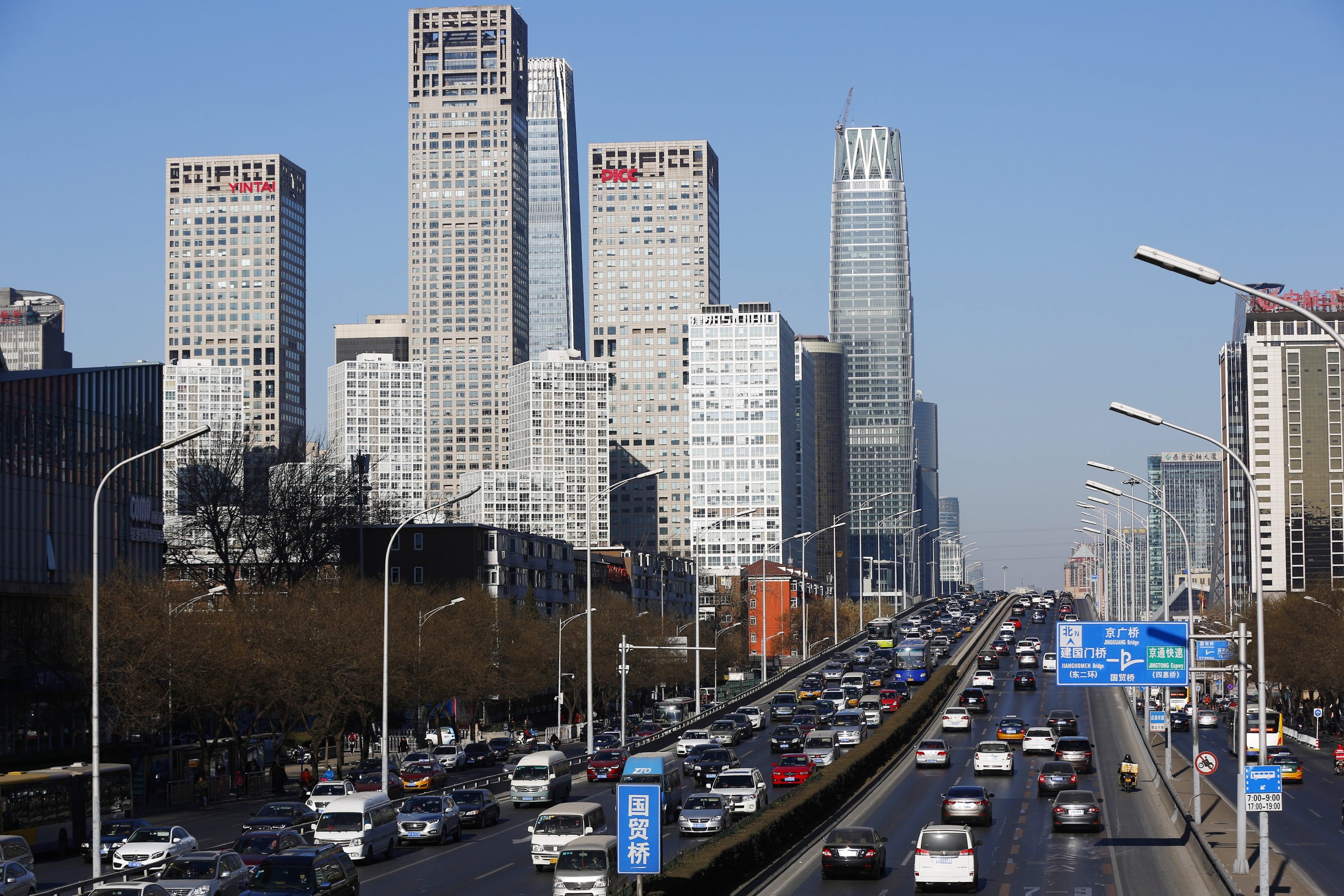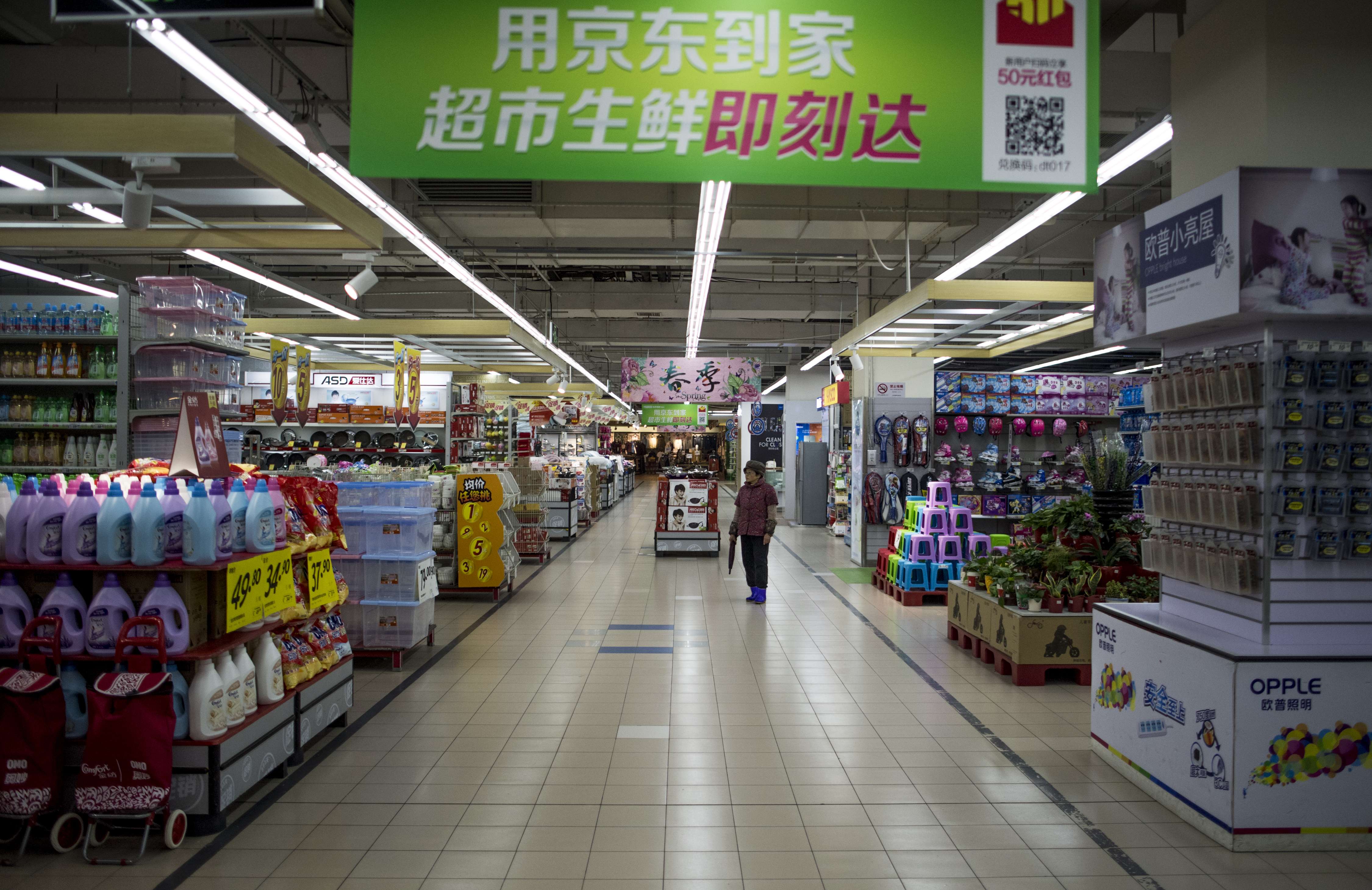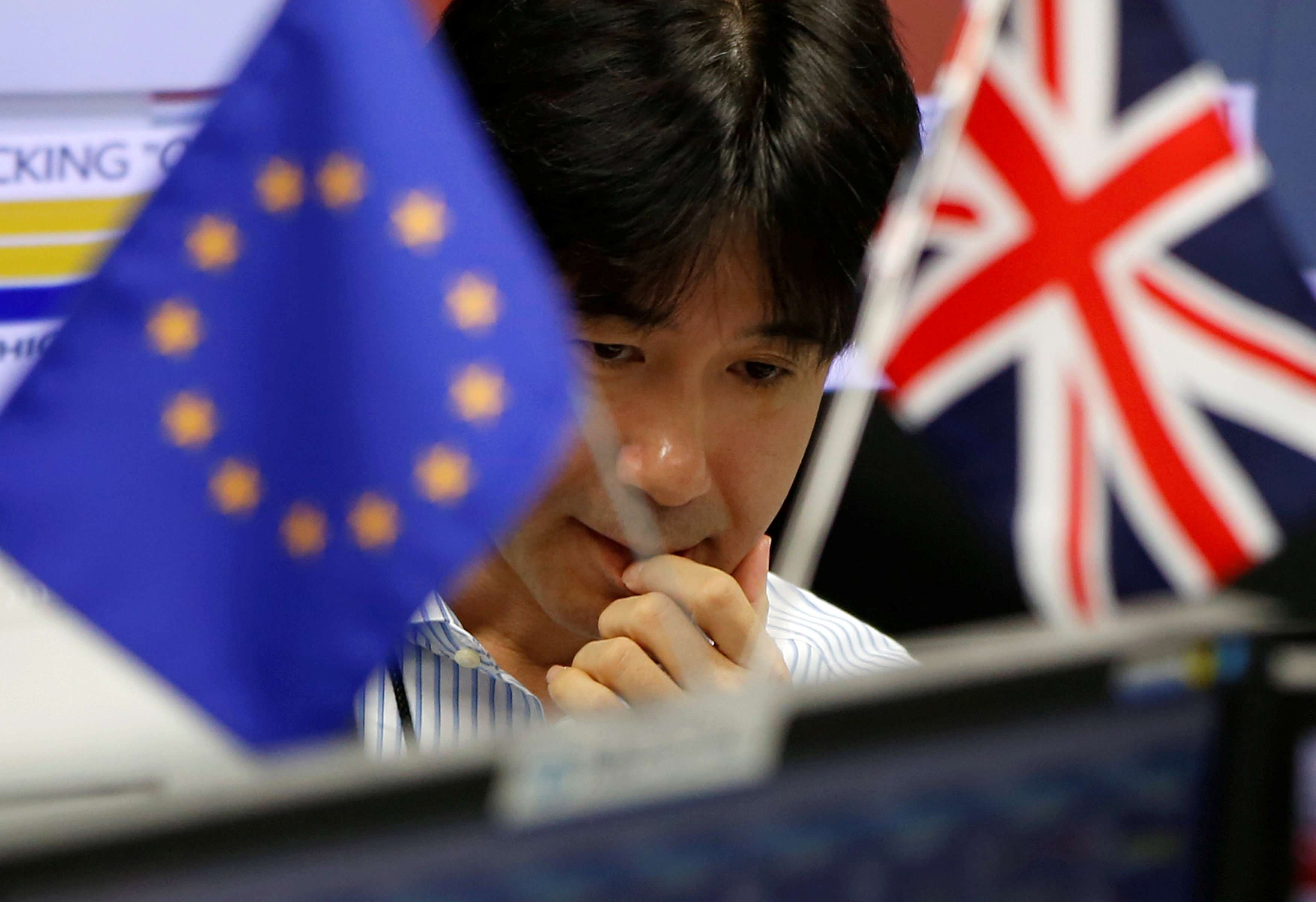Advertisement
Advertisement

Rana Mitter
Rana Mitter is Professor of the History and Politics of Modern China at the University of Oxford and author of A Bitter Revolution: China’s Struggle with the Modern World and China’s War with Japan, 1937-45: The Struggle for Survival
British opposition to a takeover of the Welsh microchip factory Newport Wafer Fab by the Chinese-backed company Nexperia shows need for consistent, long-term strategy, writes Rana Mitter.
‘Hong Kong was once an escape valve for discussions on China,’ writes Rana Mitter.
The UK’s Integrated Review on Foreign and Security policy is unclear about what Britain wants from China, but that is part of the point, writes Rana Mitter.
It makes no more sense to say Hong Kong’s colonial legacy is irrelevant to Chinese identity, than it does to say China’s constitution should be abolished because it originated in the Qing dynasty, writes Rana Mitter.
Advertisement
A delegation from China helped found the UN in 1945, when the Communist Party’s Dong Biwu spoke of ‘free elections’ and ‘free rights’ at home.
Could Britons one day gossip about China’s governors, share videos on Youku and monitor trends in Chongqing – while also speaking up on Hong Kong?
The strange case of sovereignty in Northern Ireland shows the dangers, as well as the opportunities, that come when a patch of land is subject to two very different interpretations of its identity.
Make diversity not a source of sarcasm about why America is worse, but instead a source of pride about why China does it better.
If a post-Brexit Britain wants change in China, it needs to think about what that change is – and whether it has enough friends left who share those views.
China’s hygiene fixation is rooted in trying to combat colonialists. Decades on, it is exposing a problem with the country’s modernisation: an increasingly unhealthy lack of transparency.
Beijing has never made a clear case as to how it would integrate a lively liberal democracy into its polity. It has much work to do in this area.
Beijing’s raid on student activists and young Maoists reveals its anxiety about Mao Zedong’s legacy. Although Mao was dedicated to violent change, his legacy is more complex than that and he still commands respect among the Chinese.
The TV series is one in a long line of productions that have fallen foul of the authorities, highlighting a weakness in the official psyche.
China seeks to lead the modern world. Yet its reaction to scholar Xu Zhangrun’s veiled criticism of Xi Jinping suggests its attitude to intellectuals is stuck in the past
Between mainland calls for reunification and military displays on the island, tensions are at a new high. But for these two, there’s a reason why stalemate never gets stale.
From foreigners running the country’s lucrative customs service, to Mao’s ‘self-reliance’, to finally joining the WTO; terms of trade have long shaped China’s relationship with the West.
Annoyed with a US president who seems to change policy at whim, Japan and China show a sudden desire to improve relations. Sound familiar?
Conventional wisdom on the Kim regime has been that it is unpredictable and downright crazy. But that has never really been true.
The scrapping of presidential term limits in China puts a question mark over what will come next. But ignore lazy rhetoric that likens Xi to an emperor – China’s chequered history of power transitions provides few answers.
Washington’s stubborn isolationism leaves it out of the global conversation and headed towards an agenda on trade and security shared by almost nobody else

